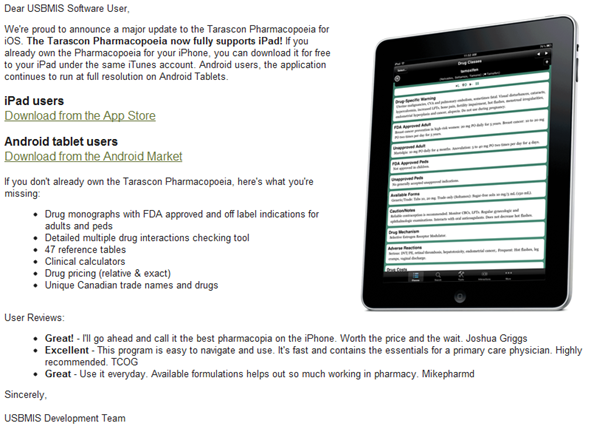I think a key for the future of pharmacy will be for pharmacy leaders to learn how to engage the C-Suite within their own healthcare system. That makes the content of this webinar from Pharmacy OneSource particularly interesting.
Wednesday, December 14th: "Effective Pharmacy Interactions with ‘The C-Suite’"
Jim Jorgenson, RPh, MS, FASHPReserve your Webinar seat now at:
https://www2.gotomeeting.com/register/340160290
Jim Jorgenson, Chief Pharmacy Officer and Vice President of Indiana University Health, will provide the pharmacist with background information about the current healthcare environment, with an emphasis on how the hospital/health-system and priorities of the C-Suite are affected. The overall goal is to enable the pharmacist to gain knowledge and confidence in preparation to present to the C-Suite on topics affecting pharmacy and the medication use process. Specific case examples of presentations that worked and did not work will be provided.
Effective Pharmacy Interactions with ‘The C-Suite’
Date: Wednesday, December 14, 2011
Time: 12:00 PM – 1:00 PM ET
Register: https://www2.gotomeeting.com/register/340160290


